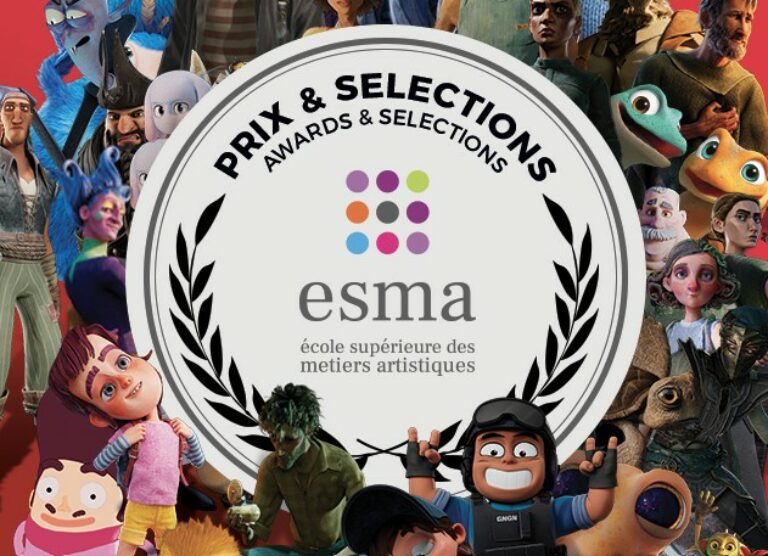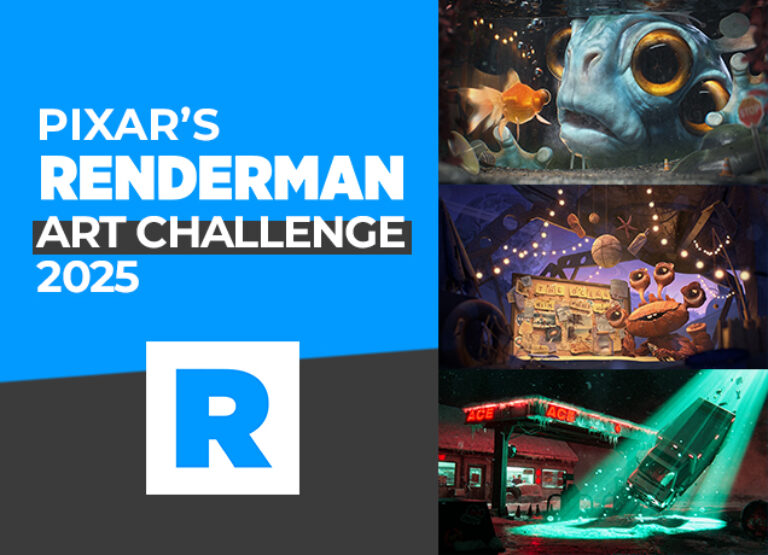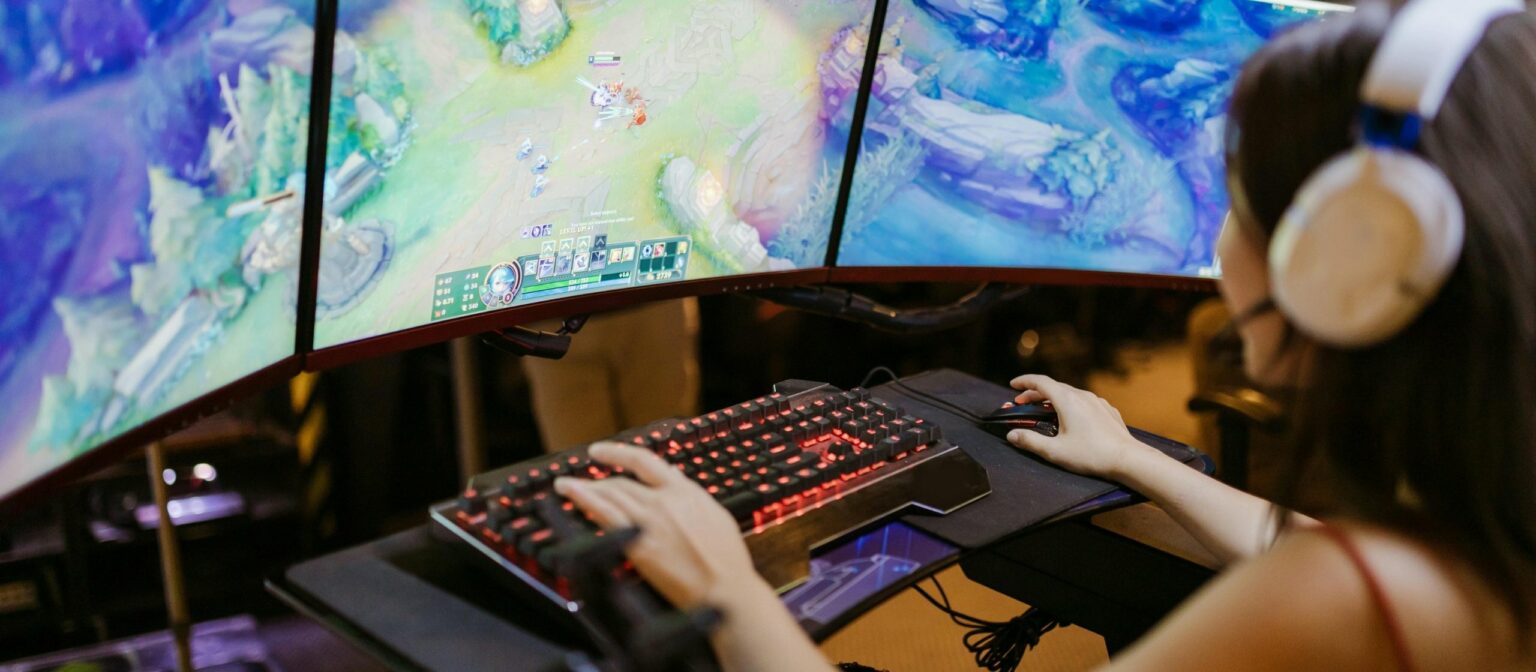
- Published 05.02.2025
- type Thematic news items
- Training Video Game
Summarize with:
The video games industry is one of the most dynamic sectors in digital entertainment today. By 2025, the gaming market in France will have exceeded €6 billion in revenues. Combining artistic creativity and technical expertise, this field offers a multitude of career opportunities for a variety of profiles. From the design to the marketing of a game, each stage requires specific skills and complementary talents.
The different video game professions and their roles
Creating a video game is a process that involves many different professions, each with its own expertise.
Design and development professions
Certain professions help to lay the foundations of the game and create its framework:
- Game designer: A true architect of the game, the game designer designs the gameplay mechanics, defines the rules and develops the overall player experience. They write the Game Design Document, which serves as a reference for the whole team.
- Video game developer / programmer: Translates the concepts dreamt up by the game designer into code. Mastering different programming languages, they bring the game to life by creating the functionalities, interface and interactions.
- Technical artist : Between art and technology, they liaise between the artistic teams and the programmers. They optimise the integration of graphic assets into the game engine.
- Narrative designer: A specialist in interactive storytelling, they design the game’s story, dialogue and narrative progression, taking into account the player’s possible choices and actions.
- Level Designer: Responsible for designing the game’s levels, they ensure that the player’s experience is fluid and engaging.
Graphic design and animation professions
The visual aspect is crucial in a video game.
- Art director: Defines the visual identity of the game and ensures that it remains consistent throughout the development process. They supervise all the artistic teams.
- Concept artist: Upstream of the project, he creates and proposes the images that will define the appearance of the characters, the atmosphere of the environments and the objects in the game. His work serves as a reference for the 3D modellers.
- 2D/3D graphic designer: models the game’s characters, objects and environments according to the references provided by the concept artist. They may specialise in creating textures or modelling characters or environments.
- Rigger and 3D Animator: They bring the game’s characters and elements to life by creating their movements.
- Character designer: Specialises in designing characters, defining their appearance, personality and characteristics.
- Lighting Artist: Specialises in in-game lighting, ensuring a coherent, immersive atmosphere.
- VFX Artist: Creates special effects (explosions, smoke, magic, etc.).
- UI / UX Designer: Works on ergonomics and the user interface to ensure intuitive navigation.
Sound professions
- Sound designer: Creates the game’s sound universe, from sound effects to ambience. They record, modify and integrate the sounds that accompany the player’s actions and bring the environment to life.
- Composer: Creates the game’s soundtrack, composing music to support the desired atmosphere and emotions at every moment of the game.
- Audio engineer: Ensures the technical quality of the sounds and their integration into the game engine. They also optimise audio performance.
Management professions
Coordinating multidisciplinary teams is essential.
- Project manager / Producer: You will oversee the entire development process, managing resources, schedules and budgets. He/she ensures that the project meets deadlines while maintaining the targeted quality.
- Technical Director: Defines the technological direction of the project and supervises the game’s technical architecture.
- Lead designer/developer/artist: These middle management roles supervise their respective teams and act as links with project management.
Marketing and communication professions
Essential for raising awareness of the game and building a community around it.
- Community manager: This role leads the community of players on social networks and forums. They gather feedback from players and maintain a link between the development team and users.
- Communications Manager: This role develops the game’s communications strategy, organises promotional events and manages relations with the press.
- Data analyst: analyses player usage data to optimise the gaming experience and guide marketing decisions.
Test and quality professions
The testing phase is crucial for guaranteeing the final quality of the product.
- Game tester (QA): Identifies bugs, checks gameplay balance and ensures playability. Their work helps to improve the user experience before the game is released.
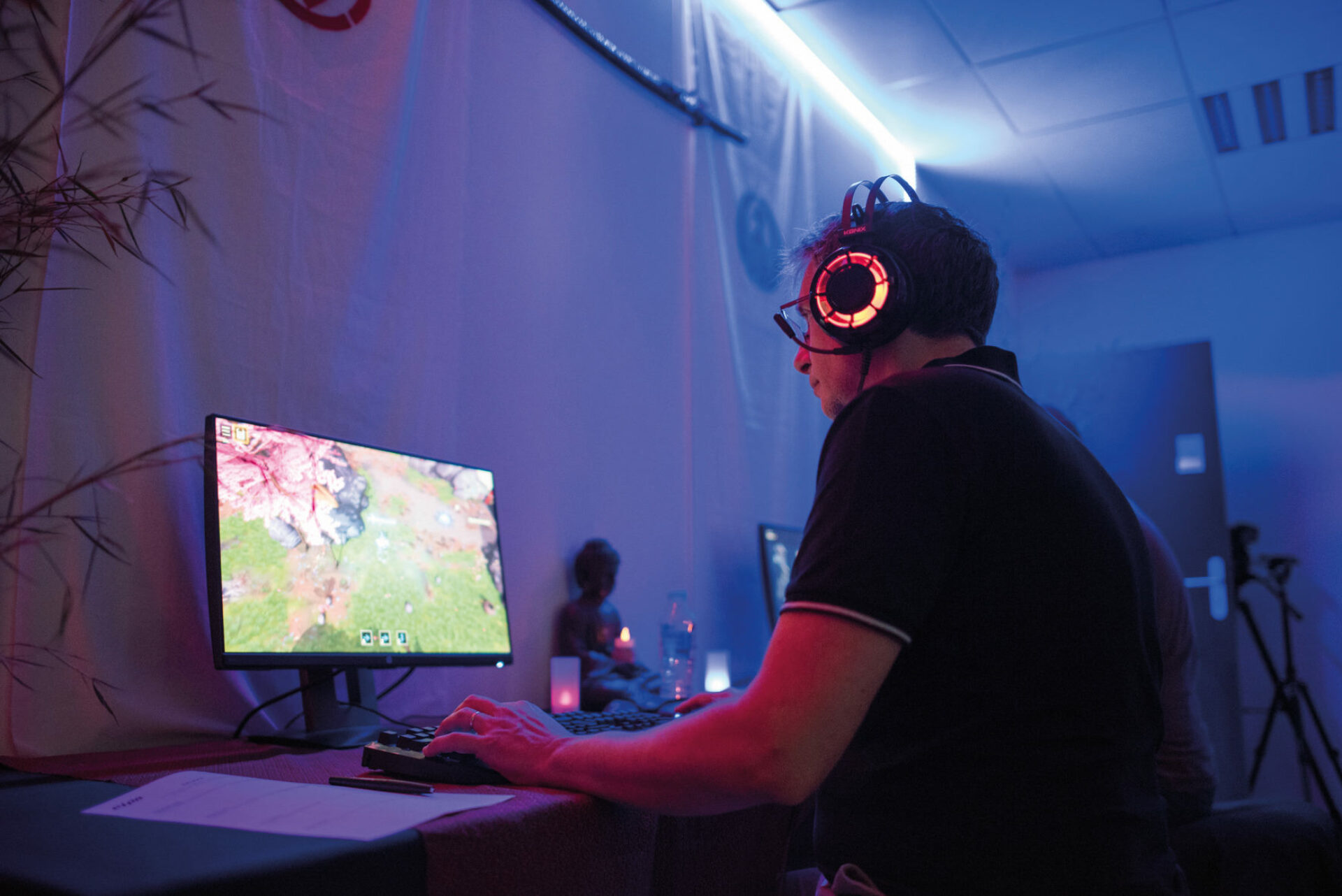
Compétences requises pour travailler dans le jeu vidéo
Compétences techniques :
- Maîtrise des langages de programmation (C++, C#, Python) pour les développeurs
- Connaissance des moteurs de jeu (Unity, Unreal Engine, Godot)
- Maîtrise des logiciels de création graphique (Maya, 3ds Max, Blender, Photoshop)
- Compréhension de l’architecture logicielle et des principes d’optimisation
Compétences artistiques :
- Sens esthétique développé
- Pour les Artistes : Maîtrise du dessin et de la composition …
- Compréhension des principes d’animation
- Culture visuelle et connaissance des tendances graphiques
Soft skills :
- Créativité et capacité d’innovation
- Travail en équipe et communication efficace
- Adaptabilité face aux changements techniques et aux contraintes
- Gestion du stress
- Veille technologique constante
- Connaissances approfondies du médium
Formation pour travailler dans les jeux vidéo
Formations spécialisées :
- Écoles dédiées aux jeux vidéo proposant une formation en 4 ans dans le jeu vidéo complète
- Cursus en animation 3D et effets spéciaux
- Formations en game design
- Programmes spécialisés en développement de jeux vidéo
Formations universitaires :
- Licences et masters en informatique avec spécialisation jeux vidéo
- Cursus en design numérique ou arts numériques
- Formations en management de projets numériques
Formations artistiques :
- Écoles d’art avec options médias interactifs
- Formations en illustration et concept art
- Cursus en animation et design graphique
Alternatives :
- Formations en ligne et mentorats
- Game-jams et projets collaboratifs
L’industrie valorise particulièrement les portfolios et les projets concrets. La participation à des game jams, la création de mods ou le développement de jeux indépendants sont d’excellents moyens de démontrer ses compétences aux recruteurs.
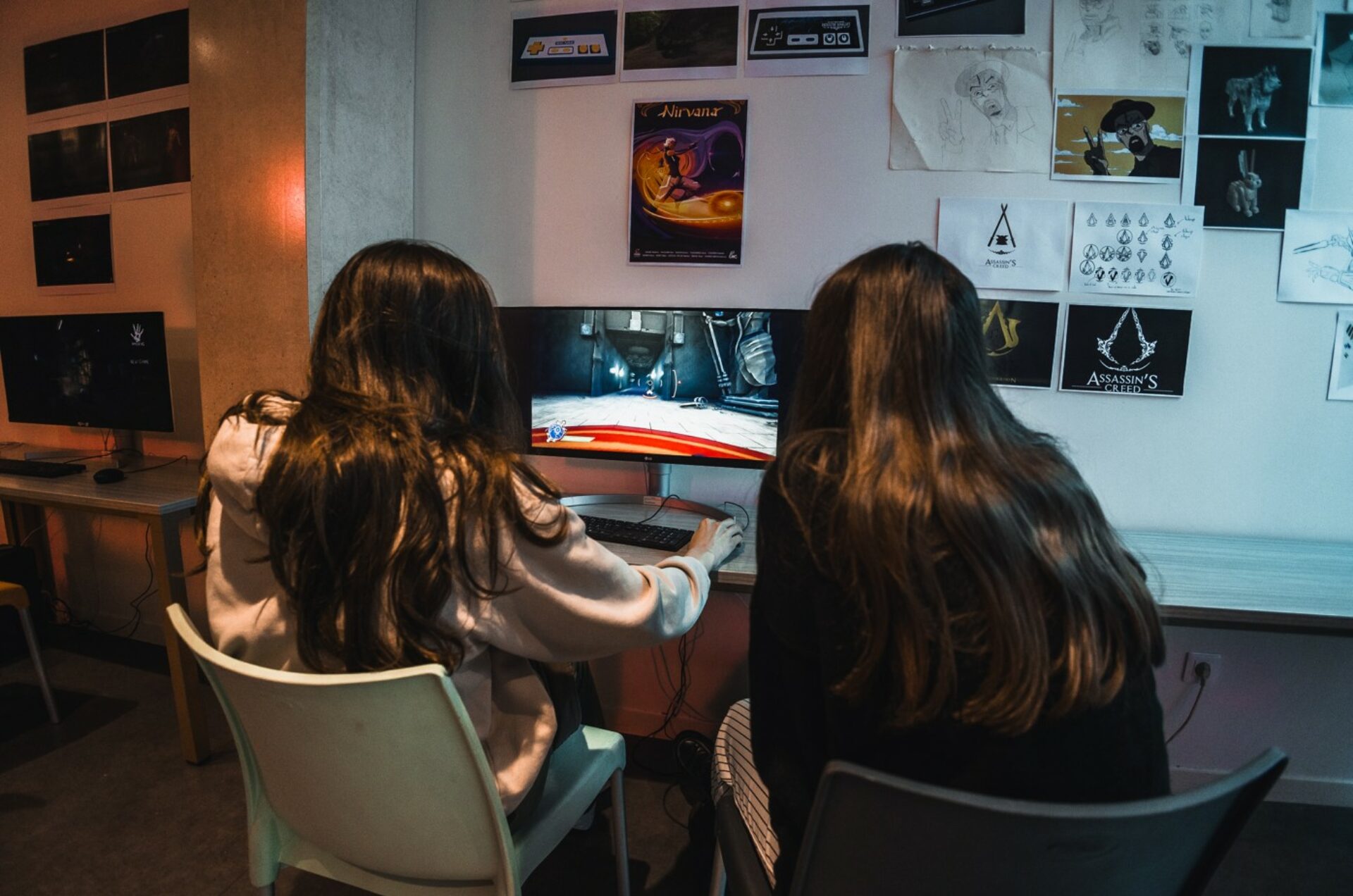
Average salary in the video games sector
Salaries in the video games industry vary considerably according to position, experience, geographical location and company size.
In France, here are some indicative ranges (gross annual salaries):
- Junior profiles (0-2 years’ experience) :
- QA tester: €22,000 – €28,000
- Junior developer: €30,000 – €35,000
- Junior Graphic Designer/Animator: €26,000 – €32,000
- Experienced profiles (3-5 years’ experience) :
- Game designer: €35,000 – €45,000
- Developer: €40,000 – €50,000
- Junior art director: €40,000 – €50,000
- Sound designer: €35,000 – €45,000
- Senior profiles (5 years’ experience) :
- Lead developer: €50,000 – €70,000
- Technical director: €60,000 – €90,000
- Producer/Project manager: €55,000 – €80,000
- Senior artistic director: €55,000 – €75,000
Challenges facing the video games industry in the coming years
The video games industry is facing a number of challenges and transformations.
Technological developments:
- Democratisation of Virtual and Augmented Reality, Gaussian Splatting, etc
- Increasing integration of Artificial Intelligence
- Cloud gaming and game streaming
- New generations of hardware and evolution of graphics standards (formats).
Market transformations:
- The rise of mobile gaming.
- Business models, free-to-play and games as a service
- Growing internationalisation of production and consumption
Creative challenges:
- Innovation in game mechanics
- Interactive storytelling and deeper emotional experiences
- Balance between accessibility and depth of gameplay
- Creation of persistent, evolving universes (metaverses)
Adaptability and constant monitoring are essential for professionals wishing to evolve in this constantly changing sector.
Where can I find a job in video games?
The video games job market is international, but there are some interesting local opportunities.
The main studios and companies in the sector
Major international players:
- Major publishers: Electronic Arts, Ubisoft, Activision Blizzard, Sony Interactive Entertainment
- Technology giants investing in gaming: Microsoft, Google, Amazon, Apple, Meta
- Prestigious international studios
French ecosystem:
- “Major studios.
- Medium-sized independent studios.
- “Small, promising studios and start-ups.
These last two points should not be overlooked: a well-known studio will often have more open positions, but also far more applications.
Alternative structures:
- Digital services companies specialising in gaming and training
- Serious games and gamification studios
The sector recognises remote working and is opening up international opportunities.
Application platforms and websites
Recruitment is not centralised, and it will be useful to keep an eye on several sites and platforms. Here are some of them:
Specialist sites:
- Recruitment sites dedicated to video games.
- Professional forums and job portals: AFJV https://emploi.afjv.com/ (Association Française du Jeu Vidéo, IAMAG, Artstation, The Rookies ..
Networks and events:
- LinkedIn and professional social networks, which also allow you to follow specific studios.
- Trade shows and conferences: IAMAG, Paris Games Week, Game Developers Conference, etc
- Game Jams and community events
Direct approach:
- Studio career sites
- Relations with industry professionals
- Participation in beta tests
It is recommended that you build up a solid portfolio that is easily accessible online, a Demoreel/Showreel including personal or collaborative projects that demonstrate your skills in concrete terms.
Whether you are attracted to programming, design, art or project management, there is a place for you in this industry. The key is solid training, backed up by constant practice and active monitoring.




